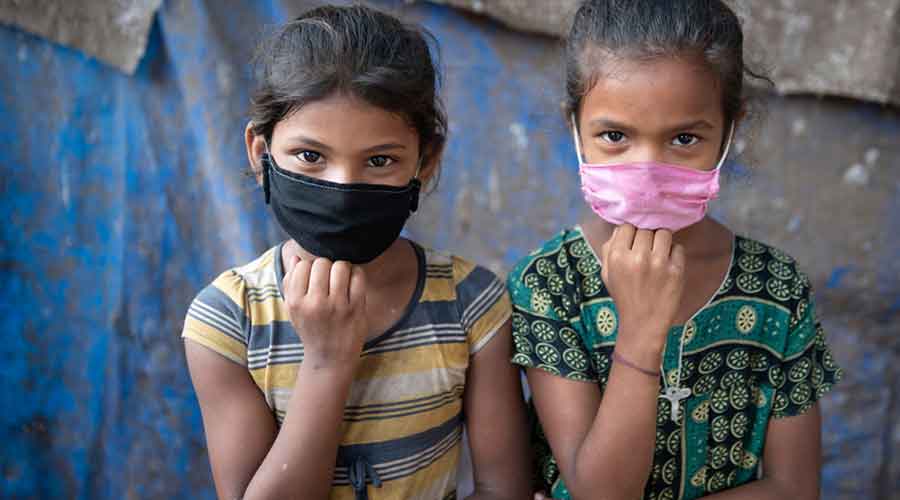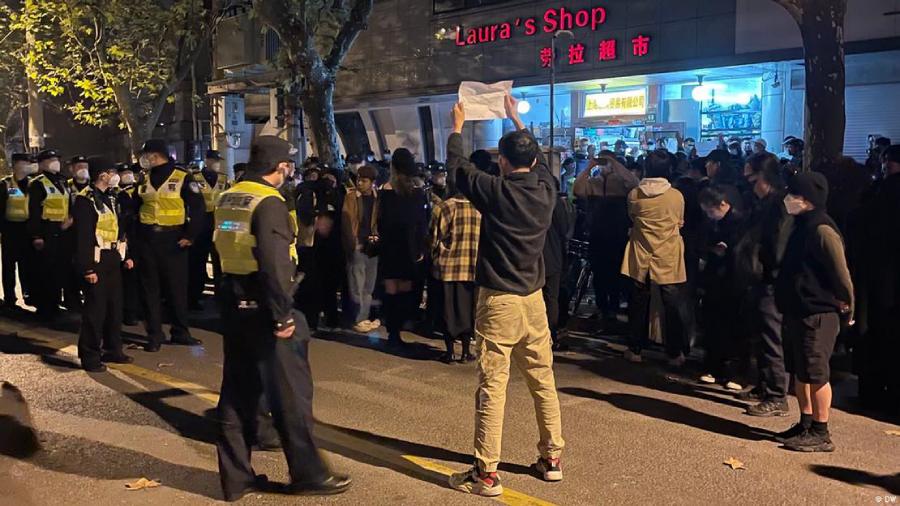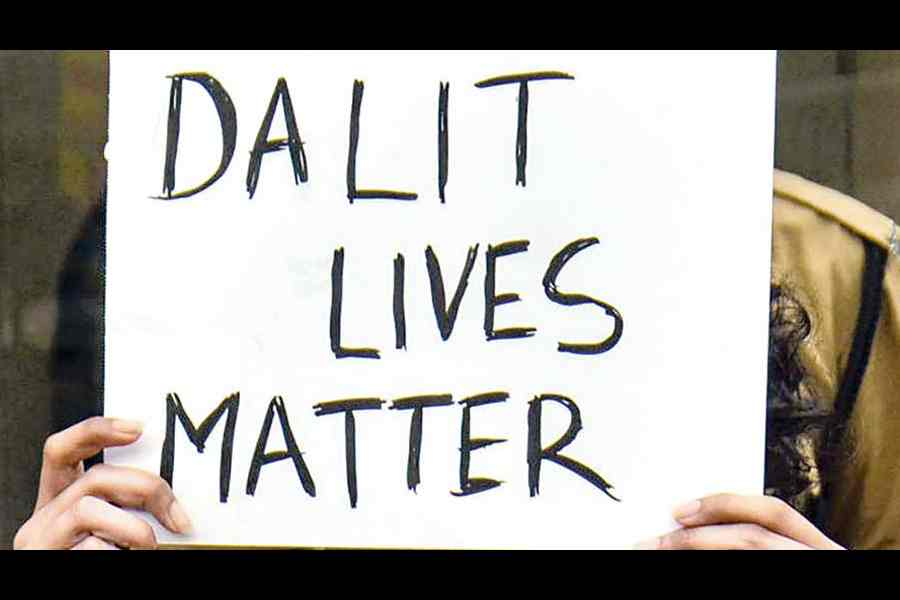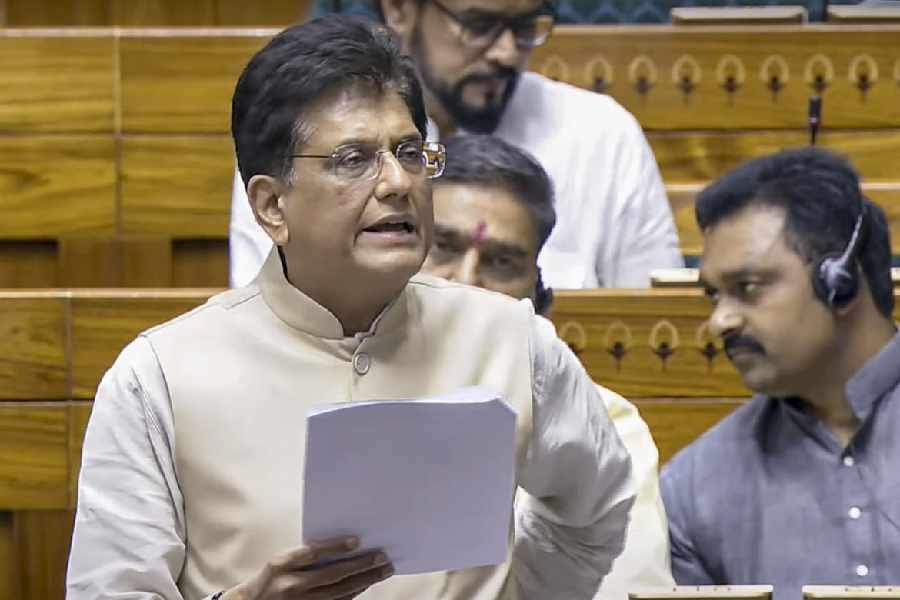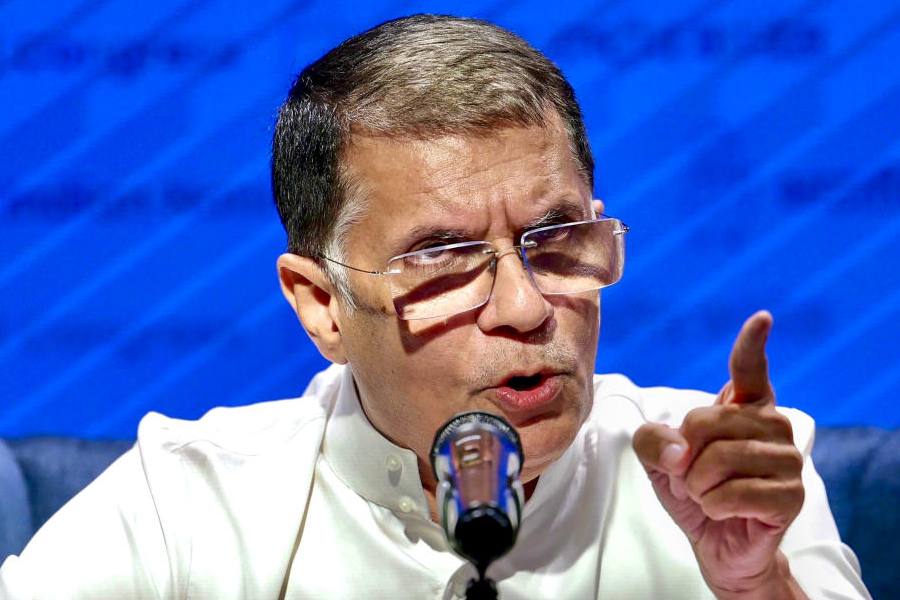The Washington-based think tank Pew Research Centre has come out with a study that puts India at the top of its index of social hostilities involving religion in 2020 in the context of the impact of Covid restrictions.
The study has recorded the targeting of minorities in India during the pandemic, including the use of social media handles like “#CoronaJihad”.
Of the 198 countries listed in the Social Hostilities Index (SHI), 11 have been clubbed together as “very high” with scores of 7.2 or higher. While India is right on top, the other countries in this category in descending order are Nigeria, Afghanistan, Israel, Mali, Somalia, Pakistan, Egypt, Libya, Syria and Iraq.
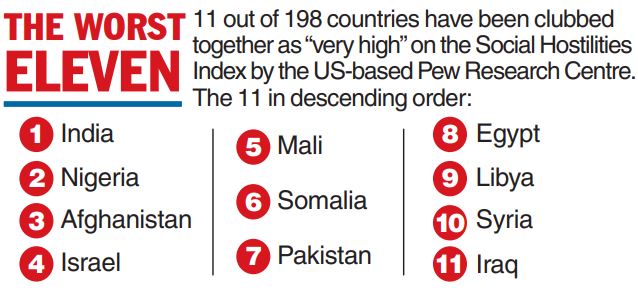
Pew attributes the rise in India’s SHI score — which was already in the “very high” category — “in part to increased violence around protests of the Citizenship Amendment Act (a 2019 law that excludes Muslims from expedited citizenship offered to non-Muslim migrants)”.
The report, released on Tuesday, focuses entirely on “How Covid-19 restrictions affected religious groups around the world in 2020”. It notes the controversy around the Tablighi Jamaat meeting in Delhi in the early days of Covid and the subsequent use of “Islamophobic hashtags like #CoronaJihad” that “circulated widely on social media, seeking to blame Muslims for the virus”.
India figures on Pew’s list of four countries that saw private actors use force against religious groups for Covid-related reasons.
“Pandemic-related social hostilities against religious groups that involved physical violence or vandalism by private individuals or organisations were reported in just four countries — India, Argentina, Italy and the United States. In India, there were multiple reports of Muslims being attacked after being accused of spreading the coronavirus,” the report says.
The report concludes that authorities in nearly a quarter of all the countries and territories studied (46 out of 198, or 23 per cent) used physical means, such as arrests and prison sentences, to enforce coronavirus-related restrictions on worship services and other religious gatherings.
In 54 of the 198 countries, religious groups filed lawsuits or spoke out against public health measures and complained about places of worship being treated unequally in comparison with secular gathering places. But in 97 countries, religious leaders and groups promoted public health measures to help contain the spread of Covid, the study says.
Quoting the US Commission on International Religious Freedom (USCIRF), the Pew report says that in Pakistan, Shias of Hazara ethnicity who returned from a pilgrimage to Iran were targeted, “scapegoated” and blamed for the spread of the virus by officials in Balochistan province.
“Shiite Hazara Muslims were targets of hate crimes and discrimination by Sunni extremists and other social media users who, according to USCIRF, had been ‘egged on by government and media claims that the virus came from pilgrims returning from Iran’. Some social media users in Pakistan also labelled Covid-19 the ‘Shia virus’.”
Again quoting the USCIRF, Pew takes note that through 2020, religious minorities — particularly Sikhs — continued to be targets of deadly attacks that left their populations “near extinction” in Afghanistan. In March, a series of attacks targeting Sikhs killed 25 people and led around 200 Sikhs to leave Afghanistan for India, the report says, citing the US state department.

